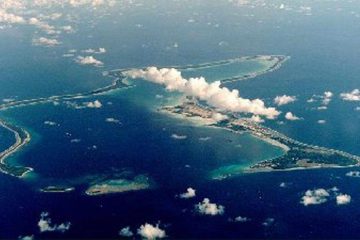Exploring the Current Situation in Taiwan

Introduction
Taiwan has increasingly become a focal point of global attention due to its unique political status, economic strength, and strategic location. The importance of Taiwan transcends regional boundaries, as its relationships with major powers like the United States and China directly impact geopolitical stability in Asia and beyond. As tensions rise in the Taiwan Strait, understanding the developments in Taiwan is crucial for global stakeholders.
Recent Developments
In recent months, Taiwan has witnessed significant political shifts. The Taiwanese government, led by President Tsai Ing-wen, has continued to assert its sovereignty in the face of increasing military pressure from China, which views Taiwan as a breakaway province. In September 2023, Taiwan held its regional elections, which have been interpreted as a referendum on the island’s relations with China. The results showed a strong mandate for parties that support a robust stance against Beijing’s claims, signalling a public desire to maintain Taiwan’s autonomy.
In a show of solidarity, U.S. congressional delegations have been visiting Taiwan more frequently, reinforcing legislative support for the island. The Biden administration committed to bolstering Taiwan’s defence capabilities, which includes arms sales and military training programs aimed at enhancing Taiwan’s self-defence strategies amid increasing threats from the People’s Liberation Army.
Implications for Global Affairs
The situation in Taiwan has broader implications for international relations. China has ramped up military exercises around Taiwan, leading to heightened tensions in the region. This has sparked concerns about the potential for a military conflict, which could draw in the U.S. and other allied nations. Economically, Taiwan is a global leader in semiconductor manufacturing, making it a critical player in the tech industry; any disruption in its stability may affect global supply chains significantly.
Furthermore, the United Nations’ stance on Taiwan remains contentious, with most member states abiding by the One-China policy, yet Taiwan continues to operate as a distinct entity with its own governance and democratic elections.
Conclusion
The ongoing developments in Taiwan serve as a reminder of the complex dynamics at play in the region. As external pressures continue to mount, the need for diplomatic engagement and strategic planning is paramount. For global citizens, staying informed about the situation in Taiwan is essential, as its outcome could have far-reaching effects on international relations, economic stability, and global peace.






